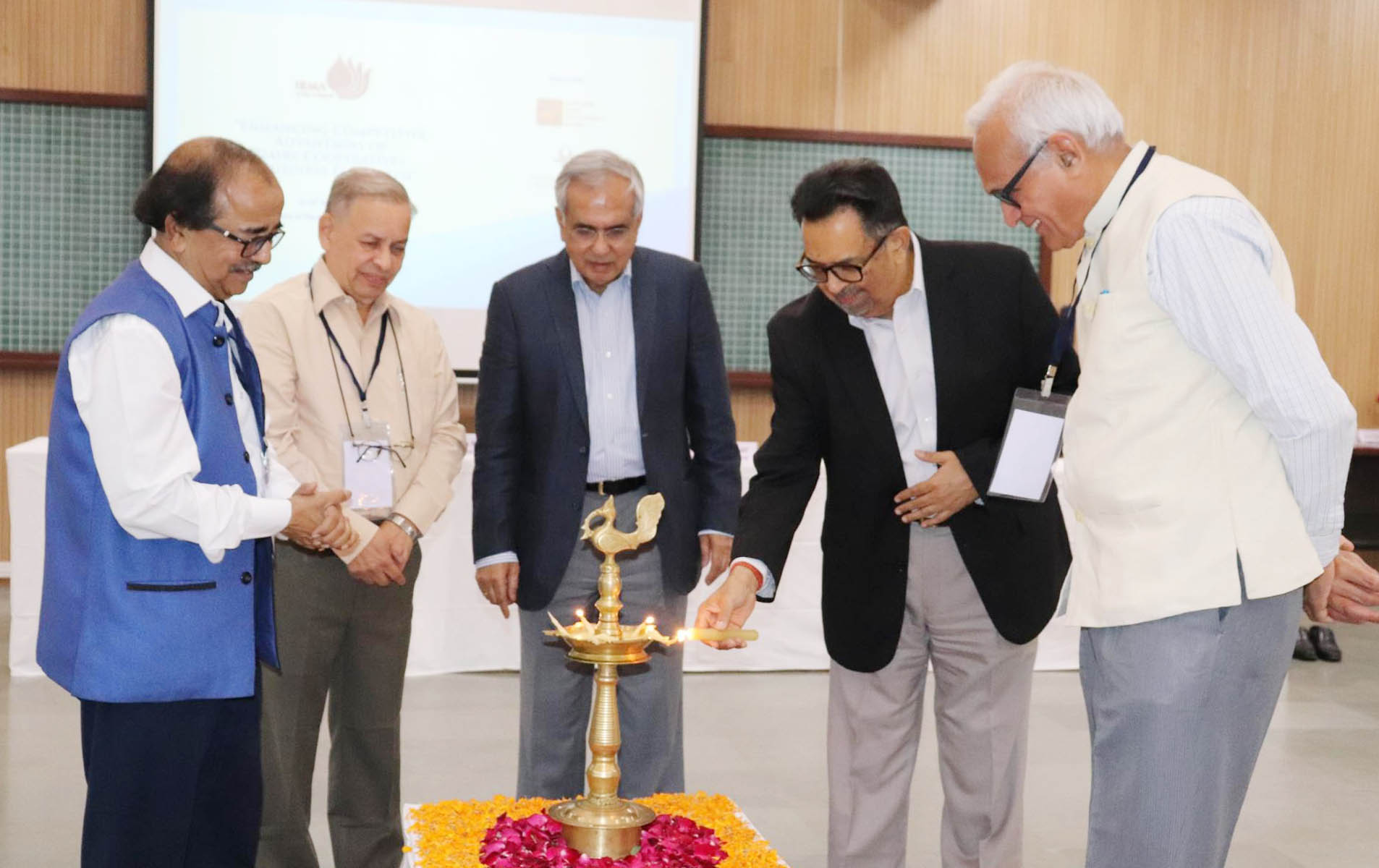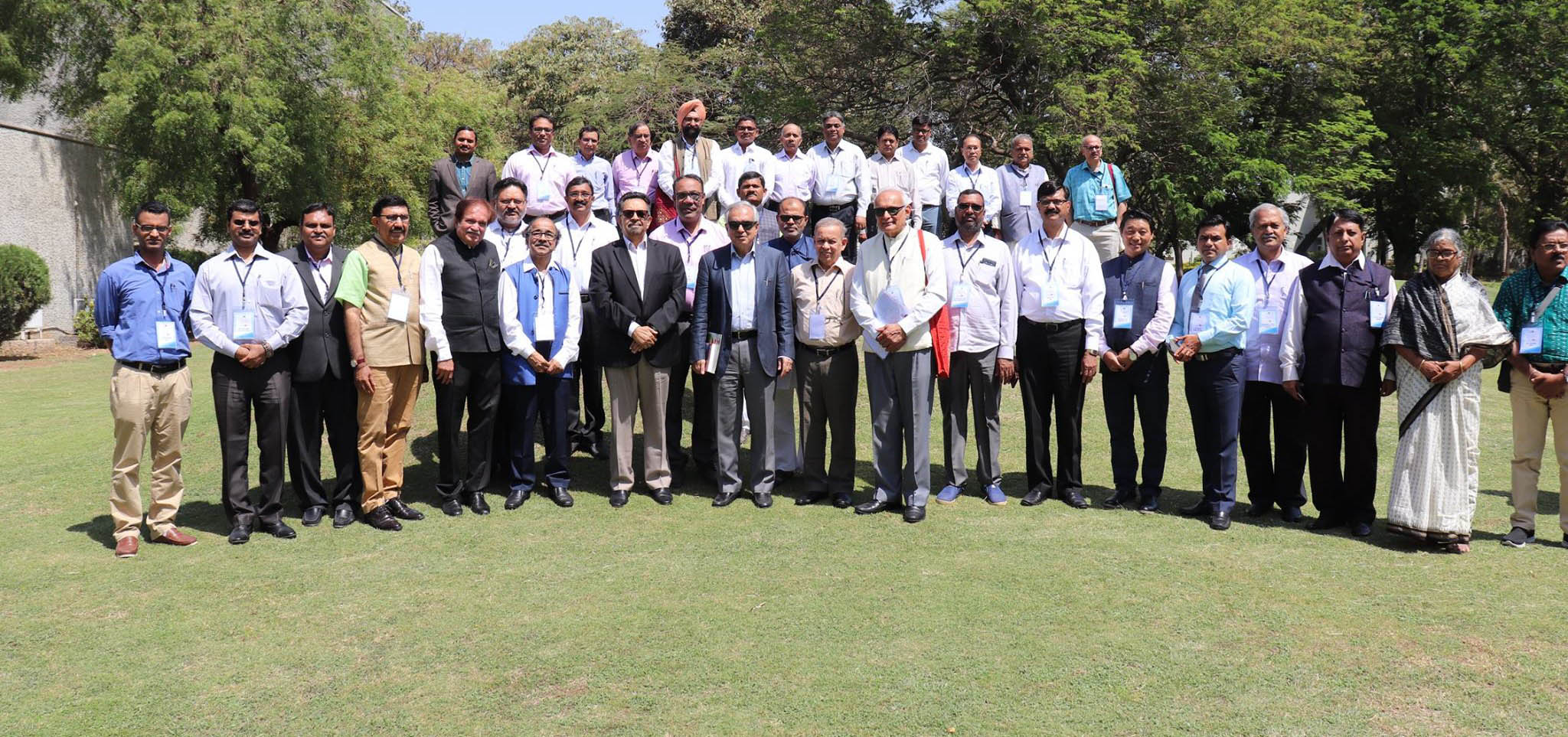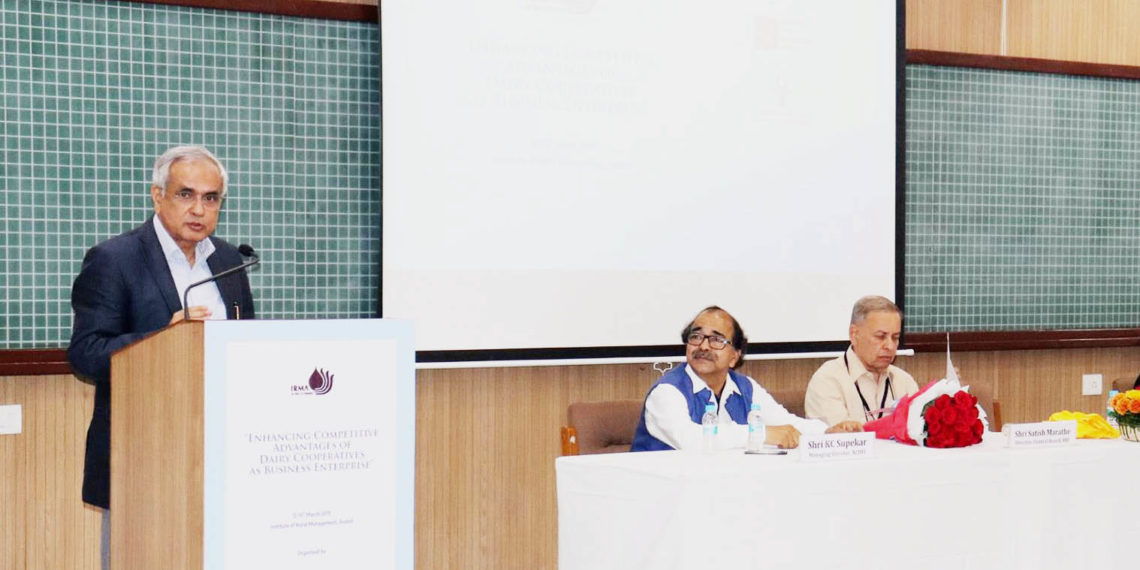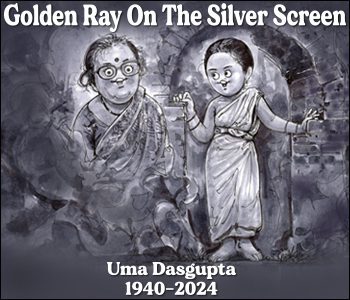Supported by Sahakar Bharati and NDDB, the Institute of Rural Management Anand (IRMA) organized a two day conclave of dairy cooperatives at Anand in Gujarat on the theme of promoting dairy cooperatives as business enterprises. Niti Aayog Vice-Chairman Rajiv Kumar was the Chief Guest.
Inaugurating the Conclave on Tuesday Dr Kumar spoke at length on the need to strengthen the cooperative movement across states. “Unless farmers unite themselves in a co-op structure they cannot have a competitive edge”, Kumar underlined.
Kumar, who earlier held two high-voltage meetings with cooperators in Delhi on the theme of cooperative, felt that apart from technological upgradation, a commitment to national cause is also an important factor in the growth of cooperatives. “Times have changed since 1947 and thus the co-op movement has also to change and grow”, he reminded.
The largely-attended conference was held at IRMA Complex in which cooperators particularly from NE States, 

Inaugurated on 12th March and concluded on 13th, the Conclave was presided over by Dilip Rath, Chairman of National Dairy Development Board (NDDB). Another notable presence was that of RBI Central Board member and a senior cooperator Satish Marathe. Marathe also addressed the gathering.
Speaking on the occasion NDDB Chairman Dilip Rath said that the growth of dairy cooperatives is not uniform across states and felt a need to have effective reforms at state level. If 100 percent of Gujarat villages have dairy co-ops the figure is a mere 13 percent in Jharkhand villages, he revealed.
Rath also said that nearly 1.8 lakh villages have dairy co-ops in the country and this is just 60 percent of the total potential villages where dairy cooperative movement could be successful.
The conclave intensively deliberated on the present status of dairy cooperatives, their significance from farmers’ perspective and challenges they face in terms of good governance, professionalism, legal framework and member engagement. Strategic discussions were held about enhancing the coverage of cooperatives in terms of spread and depth especially the uncovered areas in aspirational districts.
It bears recall that IRMA was founded at the initiative of NDDB with the support from the government of India, the government of Gujarat and Swiss Development Co-operation.
IRMA closely works with co-operatives following Verghese Kurien’s belief that the key to effective rural development is professional management.















































